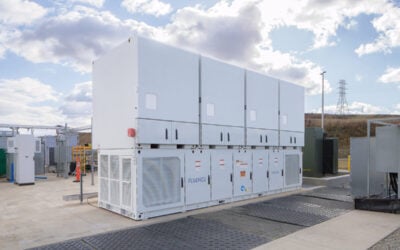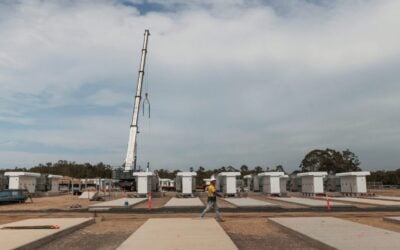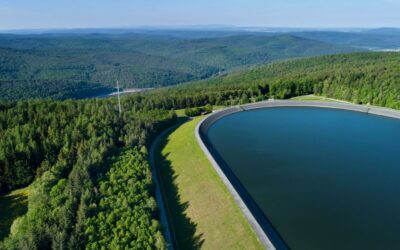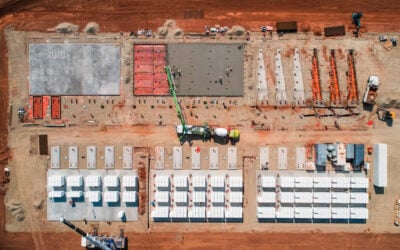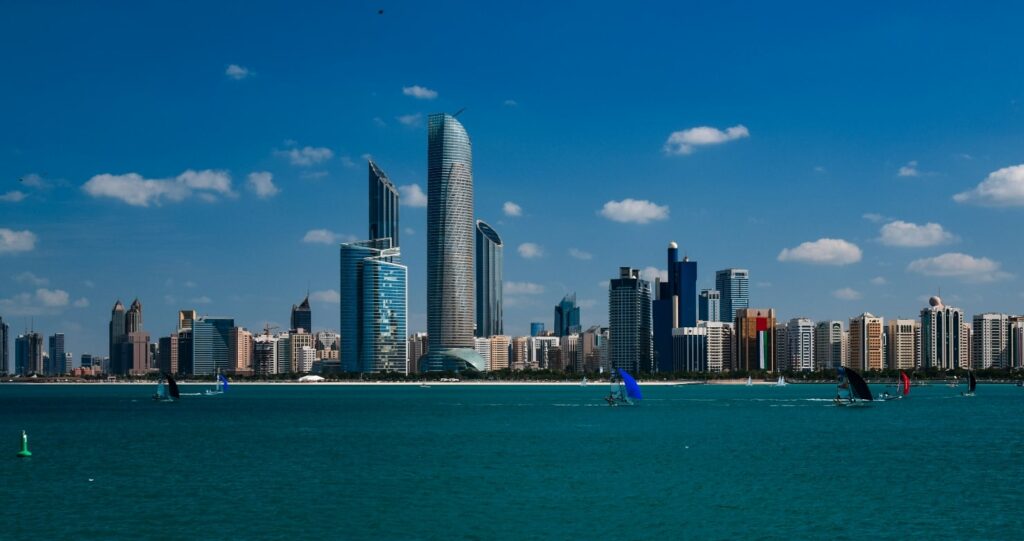
The UAE should deploy 300MW/300MWh of battery energy storage system (BESS) capacity in the next three years, according to one of its main utilities EWEC.
The recommendation was made in the ‘Statement of Future Capacity Requirements 2023-2029: Summary Report’ by Emirates Water and Electricity Company (EWEC), the utility for the capital emirate of Abu Dhabi.
It said the BESS resources would need a one-hour depth of storage and should be deployed to provide operating reserves and other grid services, improve system operability and enhance the overall stability of the electric network.
It also said that the nation should increase its solar PV generation capacity sixfold by 2030, rising to 7.3GW. The capacity addition is necessary because of a rise in power demand and growing supply chain insecurity following the COVID pandemic and war in Ukraine, EWEC said, and solar PV additions were identified as providing “a significant system cost and emissions reduction benefit”.
Try Premium for just $1
- Full premium access for the first month at only $1
- Converts to an annual rate after 30 days unless cancelled
- Cancel anytime during the trial period
Premium Benefits
- Expert industry analysis and interviews
- Digital access to PV Tech Power journal
- Exclusive event discounts
Or get the full Premium subscription right away
Or continue reading this article for free
The report said that gross power demand in the UAE is set to increase by around 30% through 2029 to around 21.6GW. It recommended that, to meet demand, around one third of capacity additions from 2026 onwards should be solar PV.
It also recommended extending or reconfiguring thermal gas generation plants to meet demand, as well as developing two reverse osmosis desalination plants to ensure consistent water supply to the country.
Othman Al Ali, CEO of EWEC, commented: “This report provides a powerful key reference that outlines Abu Dhabi and the UAE’s future needs. Our growing portfolio of renewable and clean energy projects is accelerating the decarbonisation of the country’s energy sector in line with the UAE Net Zero by 2050 strategic initiative whilst supporting the realisation of the Abu Dhabi Department of Energy’s Clean Energy Target 2035.”
Large-scale lithium-ion BESS deployments have been few and far between in the UAE but the Middle Eastern nation has been relatively progressive on exploring alternative chemistries at scale. In 2019, Abu Dhabi was the site of a collection of deployments of Japan’s NGK Insulators’ sodium sulfur-based BESS units totalling 648MWh of capacity.
Late last year, Riyadh-based Tdafoq Energy and India-based Delectrik Systems signed a deal for the former to distributed the latter’s vanadium redox flow battery products in Gulf Cooperation Council (GCC) markets.
Also noteworthy is a 250MW/1,500MWh pumped hydro energy storage (PHES) project, which is set to go online near Dubai in 2024.
This story first appeared on PV Tech. Additional reporting by Cameron Murray.


